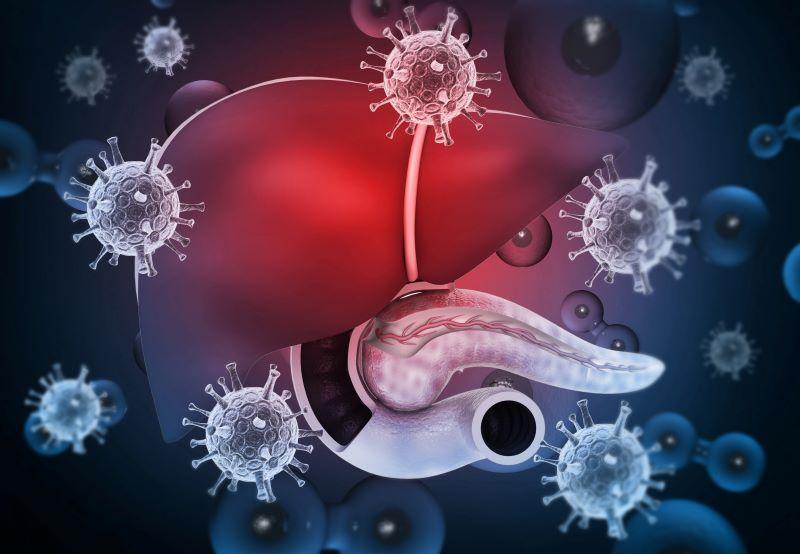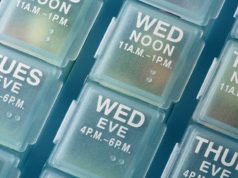Two-week DAA optimal for preventing infection in individuals without HCV viremia who received kidney from HCV-viremia-positive donors
By Elana Gotkine HealthDay Reporter
TUESDAY, Nov. 28, 2023 (HealthDay News) — Two-week direct-acting antiviral (DAA) prophylaxis prevents hepatitis C virus (HCV) infection in individuals without HCV viremia who received kidney transplant (KT) from donors with HCV viremia (HCV D+/Râ), according to a study published online Nov. 28 in the Annals of Internal Medicine.
Niraj M. Desai, M.D., from the Johns Hopkins University School of Medicine in Baltimore, and colleagues examined the safety and efficacy of two-week DAA prophylaxis for HCV D+/Râ KT in a small uncontrolled trial involving 10 patients. Eligible candidates were 18 years of age and older, had negative HCV RNA results, and did not have HIV or active hepatitis B. Eligible deceased donors were aged 13 to 60 years, had positive HCV RNA, and had no chronic changes on renal biopsy. Before KT, participants received a dose of glecaprevir (300 mg)-pibrentasvir (120 mg) prophylaxis, followed by 13 additional doses, once daily, after KT. Standard immunosuppression was used. Hepatitis C virus RNA was measured on postoperative days 1 and 4, prophylaxis weeks 1 and 2, and at postprophylaxis follow-up weeks 1, 2, 4, and 12.
The researchers found that two of the recipients had undetectable HCV RNA at all of the time points. Eight had low-level HCV viremia during prophylaxis week 1; at follow-up week 12, all recipients had HCV RNA less than the lower limit of quantification. No rejection events or deaths occurred.
“This study provides proof of concept for two-week DAA prophylaxis as the optimal duration,” the authors write.
Abstract/Full Text (subscription or payment may be required)
Copyright © 2023 HealthDay. All rights reserved.








